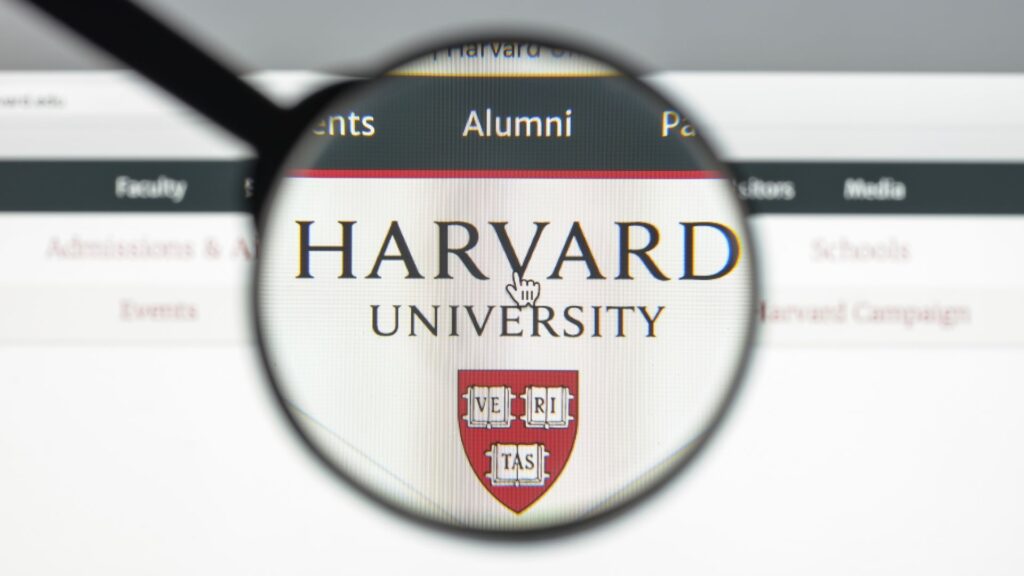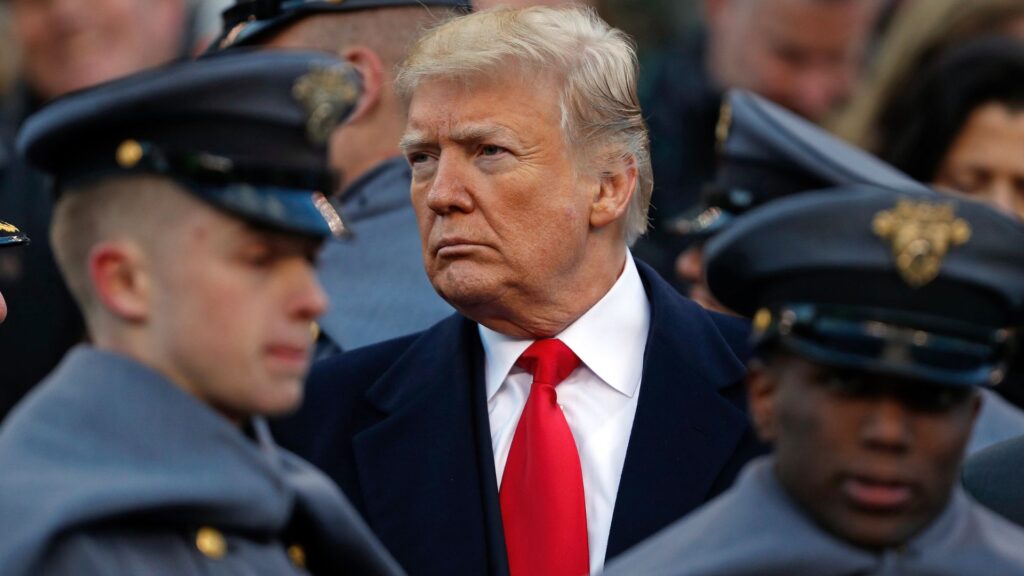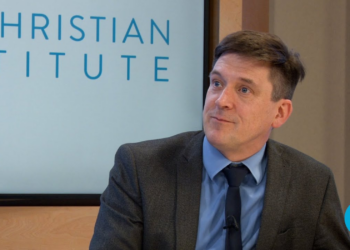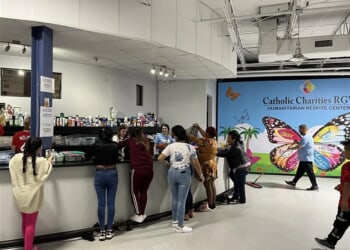Secretary of State Marco Rubio announced Wednesday that the Trump administration has opened a formal investigation into Harvard University’s participation in the U.S. Exchange Visitor Program, citing national security concerns and potential violations of federal regulations, as reported by Fox News.
The probe will evaluate Harvard’s continued eligibility to sponsor international students and scholars under the J-1 visa program, according to a statement from Rubio’s office.

The investigation is being led by the State Department in coordination with the Department of Homeland Security (DHS).
Trump’s Sovereign Wealth Fund: What Could It Mean For Your Money?
“All sponsors participating in this program are required to fully comply with exchange visitor regulations, transparency in reporting, and a demonstrated commitment to fostering the principles of cultural exchange and mutual understanding upon which the program was founded,” Rubio stated.
“To maintain their privilege to sponsor exchange visitors, sponsors must comply with all regulations, including conducting their programs in a manner that does not undermine the foreign policy objectives or compromise the national security interests of the United States,” he added.
Rubio emphasized that
“the American people have the right to expect their universities to uphold national security, comply with the law, and provide safe environments for all students.”
This Could Be the Most Important Video Gun Owners Watch All Year
In response, a Harvard University spokesperson told Fox News Digital the move was “yet another retaliatory step taken by the Administration in violation of Harvard’s First Amendment rights.”
The spokesperson said Harvard would continue supporting its international community and remained committed to complying with all Exchange Visitor Program regulations.
Wednesday’s announcement follows DHS Secretary Kristi Noem’s prior efforts in May to revoke Harvard’s Student and Exchange Visitor Program (SEVP) certification, which would have barred the university from enrolling international students.
At the time, Noem accused Harvard of
“fostering violence, antisemitism, and coordinating with the Chinese Communist Party on its campus.”
In April, Noem had also demanded the university release records relating to alleged misconduct by foreign students. Harvard provided responses, but DHS said they were incomplete and “coercive.”
Harvard challenged the SEVP revocation in court, arguing it would jeopardize the academic futures of over 7,000 F-1 and J-1 visa holders.
U.S. District Judge Allison Burroughs ruled in Harvard’s favor in May, issuing a preliminary injunction that blocked the revocation on First Amendment grounds.
President Donald Trump later issued a proclamation directing the State Department to deny student visas to foreign nationals attempting to study at institutions under federal investigation for antisemitism or national security violations. Harvard was explicitly named in the order.

Burroughs subsequently ruled that visa processing must continue for affected students and ordered U.S. Customs and Border Protection to allow them entry into the country.
On Monday, Harvard returned to federal court to challenge the Trump administration’s decision to revoke $2.6 billion in federal research grants and funding. Judge Burroughs has not yet issued a ruling in that case.
According to university data, approximately one-quarter of Harvard’s student body consists of international students.
The opinions expressed by contributors and/or content partners are their own and do not necessarily reflect the views of LifeZette. Contact us for guidelines on submitting your own commentary.



![Former Bravo Star Charged After Violent Assault Using a Rock-Filled Sock in Tennessee Walmart [WATCH]](https://www.right2024.com/wp-content/uploads/2025/07/Former-Bravo-Star-Charged-After-Violent-Assault-Using-a-Rock-Filled-350x250.jpg)



![Illegal Alien Walked Free After Decapitating Woman, Abusing Corpse for Weeks [WATCH]](https://www.right2024.com/wp-content/uploads/2025/07/1753013138_Illegal-Alien-Walked-Free-After-Decapitating-Woman-Abusing-Corpse-for-350x250.jpg)
![NYC Man Snatches Child Off The Sidewalk, Parents Chase Him Down [WATCH]](https://www.right2024.com/wp-content/uploads/2025/07/NYC-Man-Snatches-Child-Off-The-Sidewalk-Parents-Chase-Him-350x250.jpg)
![Man Arrested After Screaming at Senators During Big Beautiful Bill Debate [WATCH]](https://www.right2024.com/wp-content/uploads/2025/06/Man-Arrested-After-Screaming-at-Senators-During-Big-Beautiful-Bill-350x250.jpg)

![Karoline Leavitt Levels CNN's Kaitlan Collins and Other Legacy Media Reporters [WATCH]](https://www.right2024.com/wp-content/uploads/2025/07/Karoline-Leavitt-Levels-CNNs-Kaitlan-Collins-and-Other-Legacy-Media-350x250.jpg)





